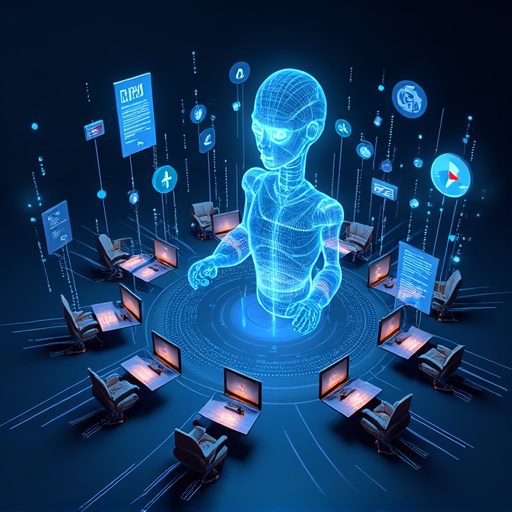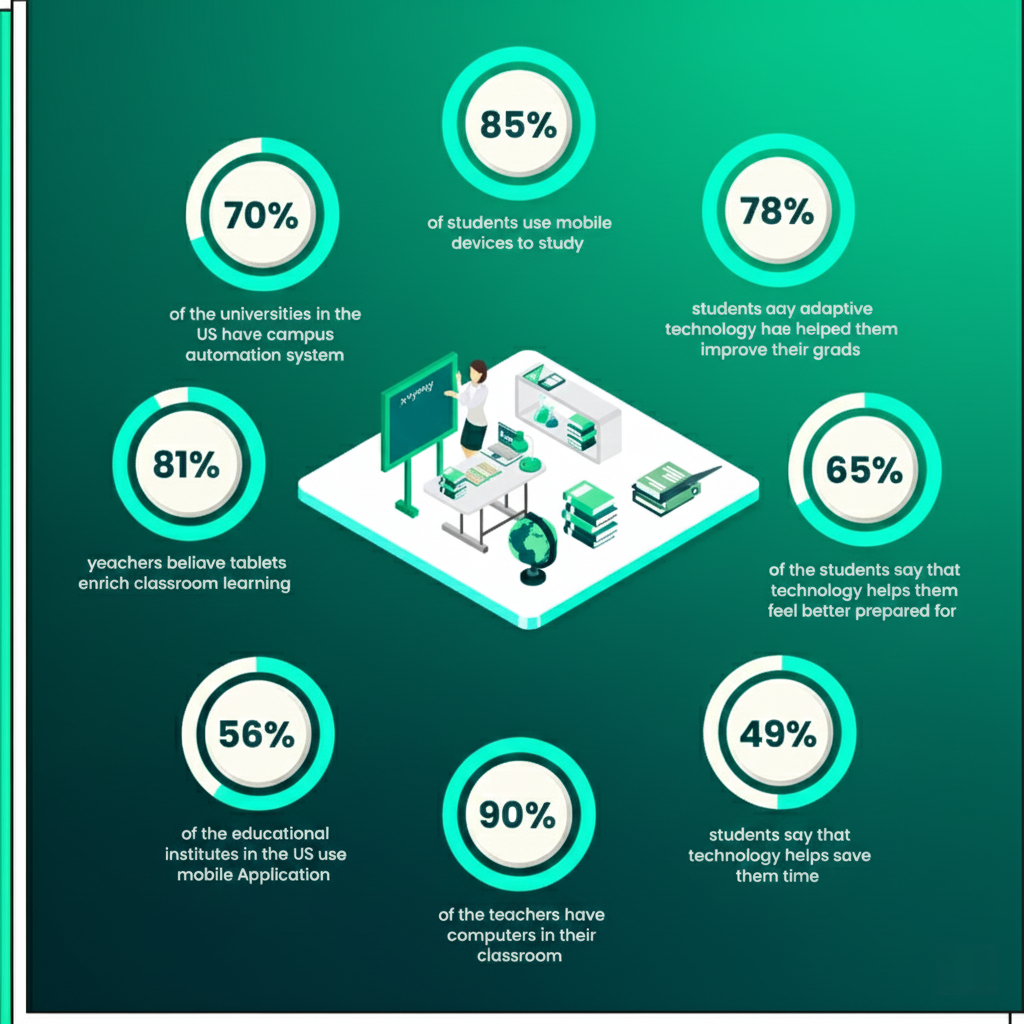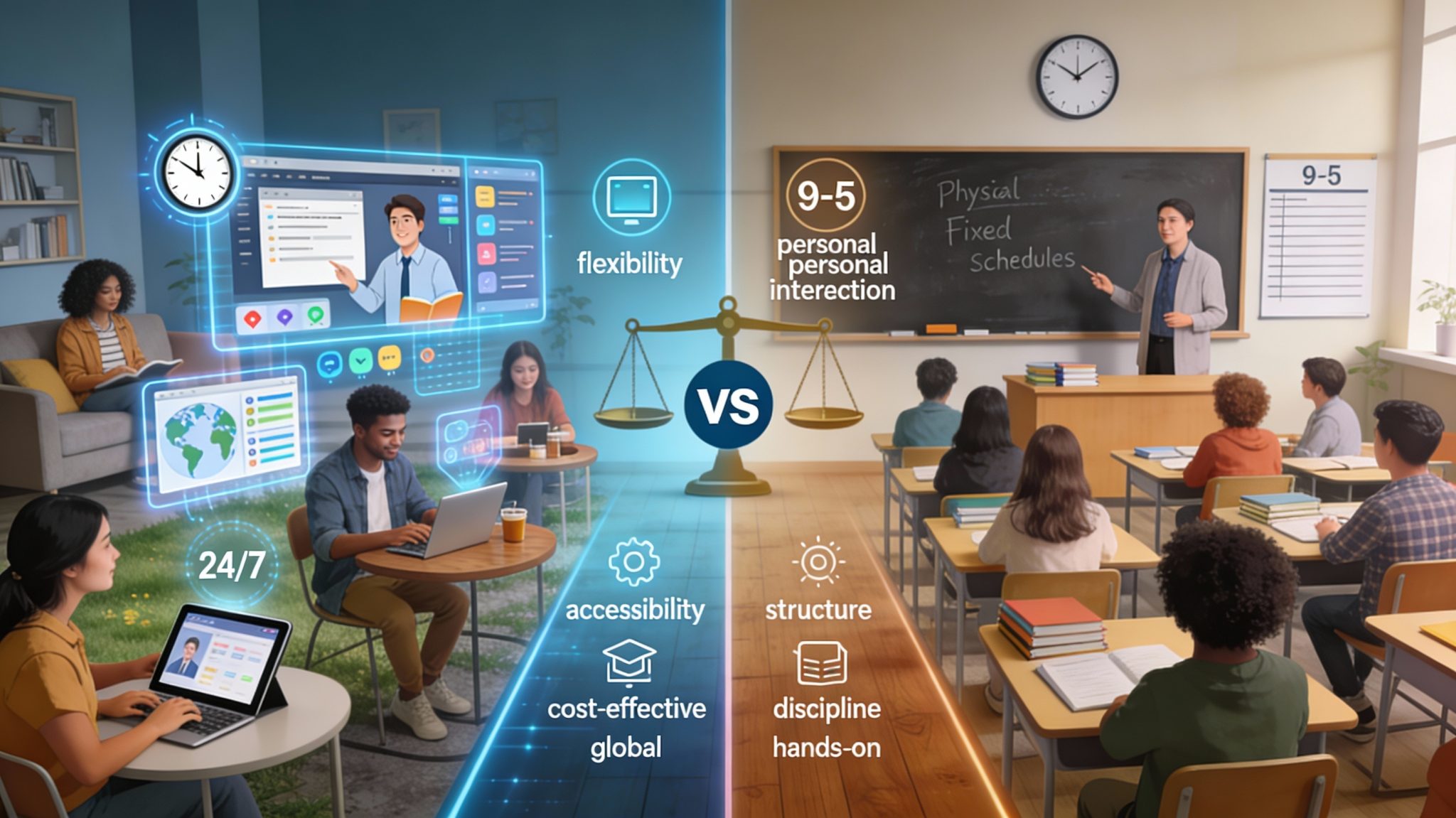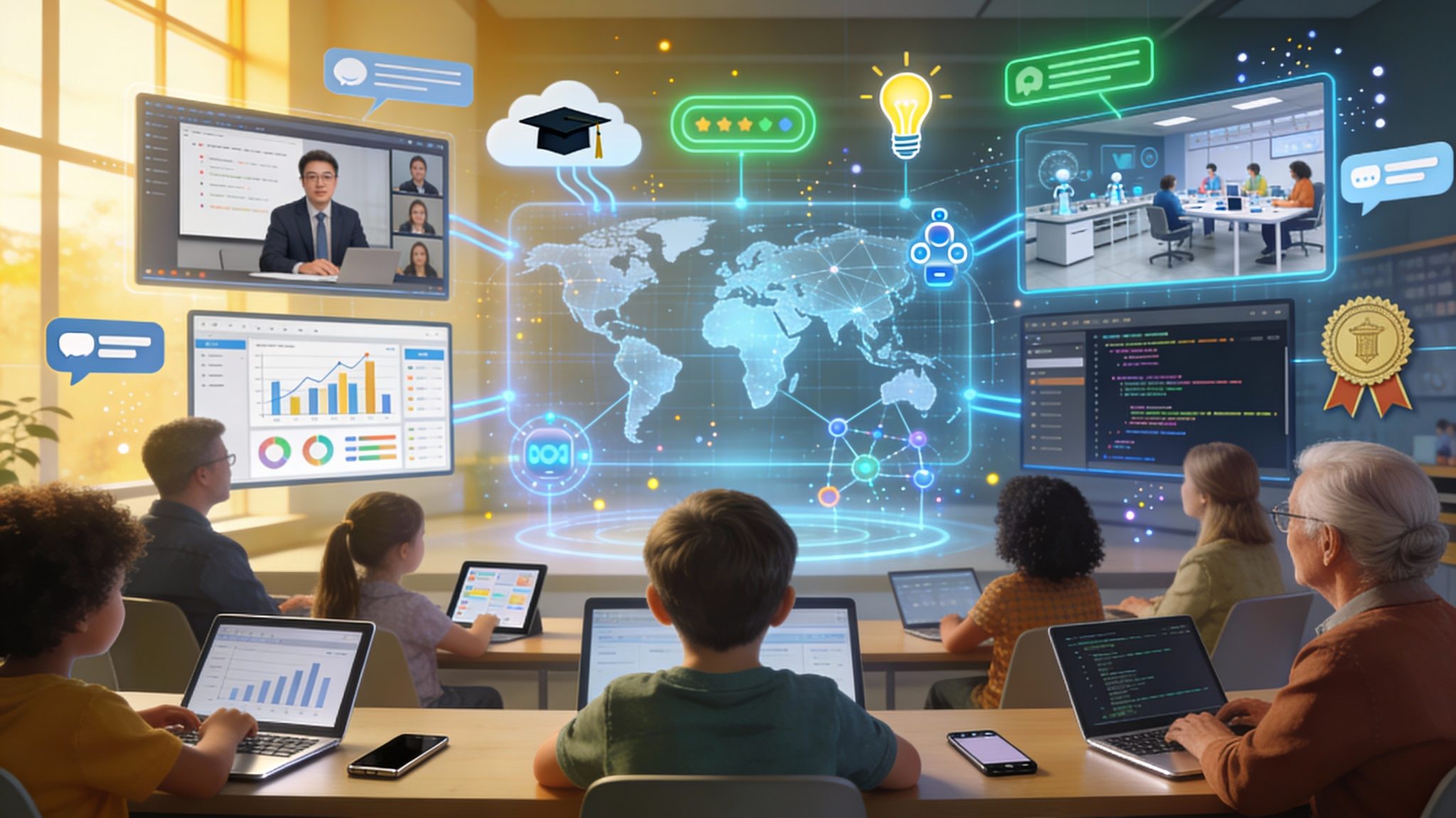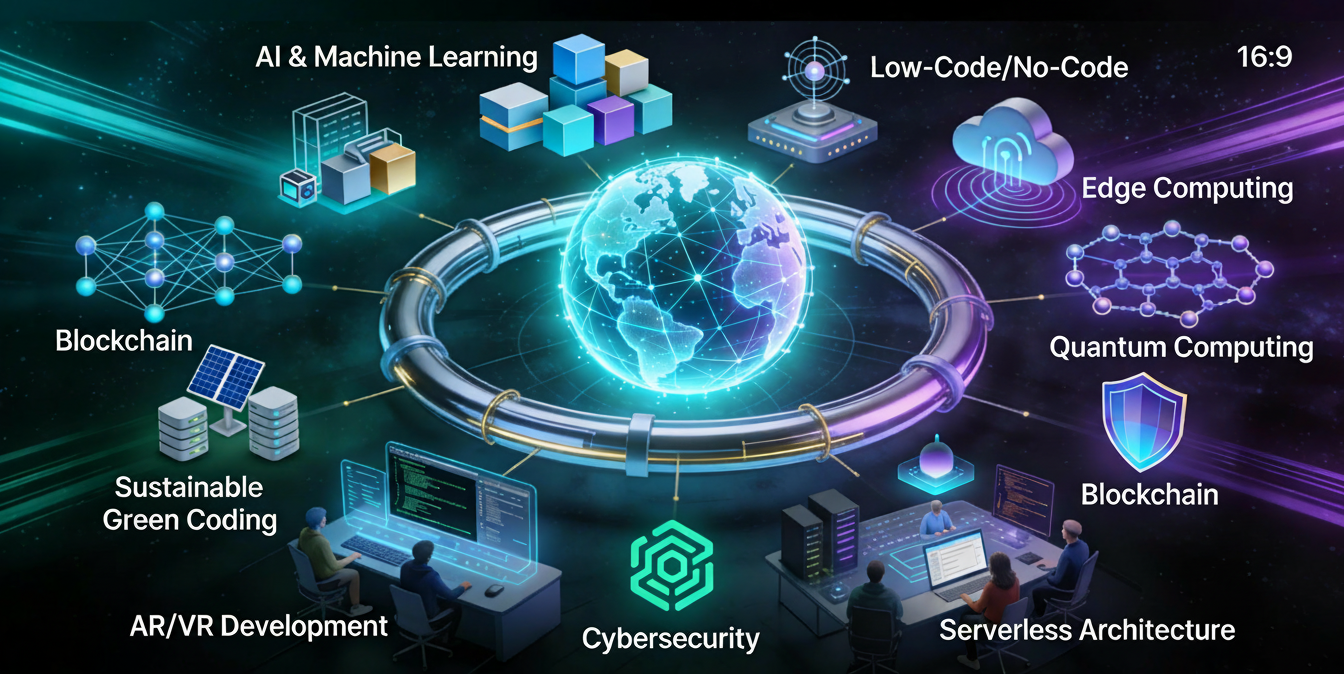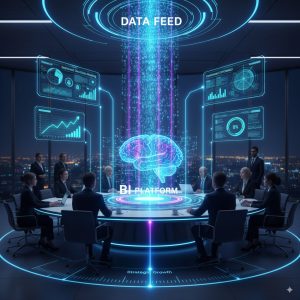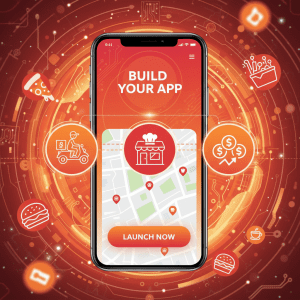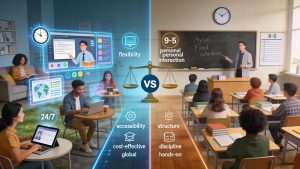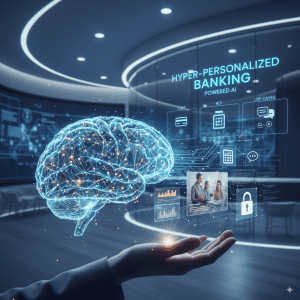Introduction
Distance education is no longer a temporary solution—it is becoming a core pillar of modern education systems. From schools to universities, corporate training to professional development, Learning Management Systems (LMS) have evolved into the foundation of remote and hybrid learning models. But the future of LMS is not just about digitizing classrooms—it is about building intelligent, adaptive, and scalable platforms that can meet the diverse needs of learners across the world.
In this blog, we’ll explore how Next-Gen LMS platforms are transforming distance education, the must-have features that will shape their future, and how businesses, educators, and institutions can leverage them for sustainable impact.
Why Next-Gen LMS Matters in Distance Education
The pandemic accelerated the adoption of LMS platforms, but their limitations also became evident—lack of personalization, low engagement, weak analytics, and scalability issues. Next-Gen LMS solves these pain points by integrating AI, predictive analytics, blockchain, and mobile-first design into the ecosystem.
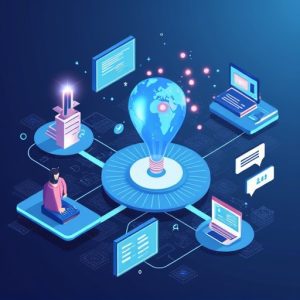
For businesses and educational institutions, this shift means:
-
Smarter learning experiences with AI-driven personalization.
-
Seamless integration with cloud, mobile, and IoT ecosystems.
-
Secure, transparent management using blockchain
-
Predictive analytics that enables data-driven decision-making
👉 LMS is no longer just a tool—it is a digital ecosystem.
Key Features of Next-Gen LMS
1. AI-Driven Personalization
Artificial Intelligence ensures learning is tailored to each student. Adaptive algorithms recommend content, quizzes, and learning paths.
-
Example: Large Language Models in Finance show how AI can analyze user behavior—similar methods are being used in LMS to predict learning gaps and provide personalized interventions.
2. Gamification and Engagement Tools
Future LMS platforms will prioritize engagement over completion rates. Features like badges, leaderboards, interactive simulations, and AR/VR classrooms make distance learning immersive.
3. Seamless Mobile Learning
Mobile-first designs are no longer optional. Next-Gen LMS will have dedicated mobile app services (TechOTD Mobile Apps) ensuring access across devices and platforms.
4. Blockchain-Based Certification & Credentialing
Blockchain ensures secure, verifiable digital certificates. This not only reduces fraud but also makes credentials universally portable across industries.
5. Advanced Predictive Analytics
Predictive analytics helps identify at-risk learners, improve curriculum design, and optimize delivery (Predictive Analytics Features).
6. Integration with EdTech Ecosystem
Next-Gen LMS platforms won’t operate in silos—they’ll integrate with IoT classroom devices, AI tutors, cloud-based collaboration tools, and AR/VR simulations.
7. Multi-Language and Cultural Adaptability
Global distance learning requires support for multi-language content, localization, and culturally adaptive learning paths.
8. Security and Compliance
With sensitive data at stake, compliance with GDPR, FERPA, and HIPAA will be non-negotiable. Blockchain and Zero-Trust security will play key roles.
Benefits of Next-Gen LMS
-
Improved learning outcomes through personalized experiences.
-
Cost-effectiveness compared to traditional models.
-
Scalable and flexible infrastructure for institutions of all sizes.
-
Data-driven insights to improve learner performance.
-
Enhanced student engagement via gamification, AR/VR, and interactive tools.
-
Seamless hybrid learning—equally effective online and offline.
Use Cases Across Industries
-
Higher Education – Virtual universities with personalized learning.
-
Corporate Training – Upskilling employees with AI-driven microlearning.
-
Healthcare – Training doctors with VR simulations.
-
Finance – Compliance training with blockchain verification (LLMs in Finance).
-
Retail & Service Industries – Customer service training using interactive AI tutors (Seamless Customer Journeys with AI).
Challenges in Implementing Next-Gen LMS
-
High development costs—but partnerships with experts like TechOTD reduce risks.
-
Data security concerns—solved by blockchain and Zero Trust models.
-
Resistance to adoption from educators who need proper training.
-
Complexity in integration with legacy systems.
The Future of LMS in Remote Education
The next decade will witness LMS platforms evolving into AI-powered, blockchain-secured, mobile-first ecosystems that support lifelong learning. With emerging technologies like AR, VR, and LLMs, LMS will redefine the learning experience beyond traditional boundaries.
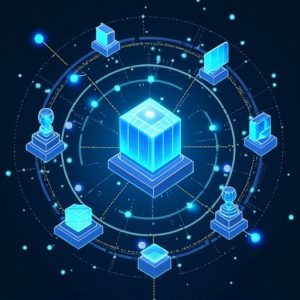
Businesses, startups, and educational institutions investing early in Next-Gen LMS will gain a competitive advantage by offering smarter, secure, and immersive remote education.
FAQ
1. What makes Next-Gen LMS different from traditional LMS?
Next-Gen LMS integrates AI, blockchain, mobile-first design, and predictive analytics to deliver adaptive, secure, and scalable education experiences.
2. How can businesses benefit from Next-Gen LMS?
Companies can use it for employee upskilling, compliance training, and knowledge retention through personalized microlearning.
3. Is blockchain important in LMS?
Yes. Blockchain ensures secure certification, transparent records, and verifiable credentials.
4. What role does AI play in Next-Gen LMS?
AI enables personalization, predictive analytics, chatbots, and adaptive learning paths, making education more engaging.
5. Can LMS replace traditional classrooms?
Not entirely. Instead, it enhances hybrid models by complementing face-to-face learning with digital flexibility.
Key Points Summary Table
| Feature | Impact on Distance Education |
|---|---|
| AI Personalization | Tailored learning paths |
| Gamification & AR/VR | Boosts student engagement |
| Blockchain Certification | Secure, verifiable degrees |
| Predictive Analytics | Early detection of at-risk learners |
| Mobile-First LMS | Anytime, anywhere access |
| Security & Compliance | Data protection & trust |
Conclusion
The future of distance education lies in Next-Gen LMS platforms that are intelligent, secure, and deeply integrated with emerging technologies. By adopting AI personalization, blockchain-based credentials, predictive analytics, and mobile-first designs, educational institutions and businesses can offer flexible, scalable, and impactful learning experiences.
As industries move towards digital-first education ecosystems, investing in Next-Gen LMS will no longer be optional—it will be a necessity for survival and success. Partnering with forward-thinking tech providers like TechOTD ensures that you build future-ready LMS solutions that empower learners, drive engagement, and transform education for the digital age.
